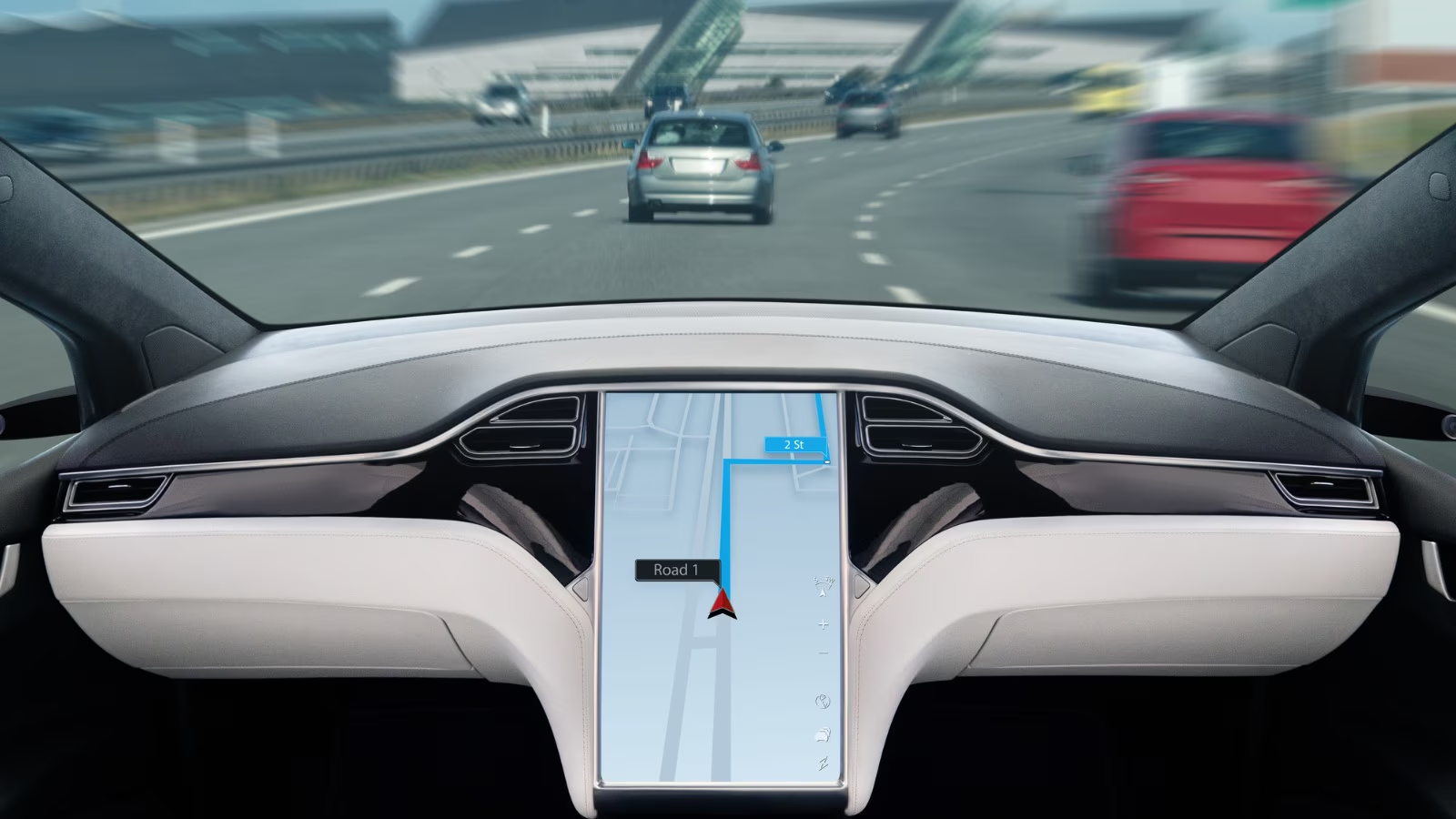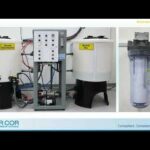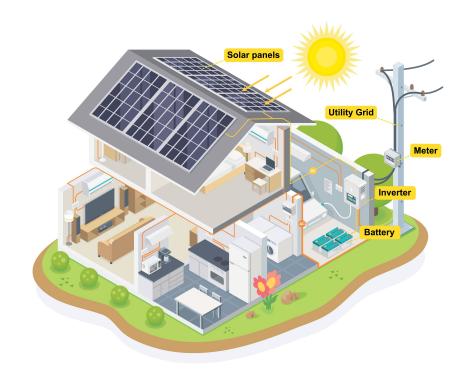Solar power has emerged as a popular and environmentally friendly solution for meeting residential energy needs. By harnessing the power of the sun, homeowners can reduce their carbon footprint and lower their electricity bills. With the increasing demand for renewable energy, there are various types of residential solar systems available in the market. EcoGen America is a top-rated solar company offering different types of solar systems and can help you determine the best one for residential use.
Grid-Tied Solar System
Also known as a grid-connected system, it is the most common type of residential solar system. This system is connected to the local utility grid, allowing homeowners to use solar power when it is available and switch to grid power when needed.
Advantages
- Cost-effectiveness: Grid-tied systems are usually more affordable to install compared to other solar system types since they do not require expensive battery storage.
- Net metering: With a grid-tied system, excess electricity generated can be fed back into the grid, earning credits that can offset electricity costs during times of low solar production.
- Reliability: Grid-tied systems ensure a reliable power supply since homeowners can rely on the grid during periods of low solar production or high electricity demand.
Disadvantages
- Dependency on the grid: During power outages, grid-tied systems do not provide electricity unless coupled with a battery backup system.
- Limited energy independence: Homeowners still rely on the utility company for electricity during times of low solar production, reducing energy independence.
Off-Grid Solar System
An off-grid solar system, also known as a standalone system, operates independently from the utility grid. It is designed to provide electricity to remote areas where connecting to the grid is not feasible or cost-effective. These systems rely on battery storage to store excess solar energy for use during times of low solar production.
Advantages
- Energy independence: Off-grid systems provide complete energy independence, allowing homeowners to generate and use their own electricity without relying on the grid.
- Remote accessibility: Off-grid systems are ideal for remote areas where grid connections are not available, making it a viable option for cabins, RVs, and boats.
- Increased resilience: Off-grid systems can provide a reliable power supply during power outages and natural disasters, ensuring homeowners have electricity when the grid is down.
Disadvantages
- Higher upfront costs: Off-grid systems require additional components such as batteries and charge controllers, making them more expensive to install compared to grid-tied systems.
- Limited capacity: Off-grid systems require careful sizing to meet the energy demands of the household, as excess electricity cannot be fed back into the grid.
Hybrid Solar System
A hybrid solar system combines the best features of both grid-tied and off-grid systems. It is designed to work with or without a connection to the utility grid and offers the flexibility to switch between grid power, solar power, or a combination of both.
Advantages
- Energy optimization: Hybrid systems can intelligently manage electricity generation and consumption, maximizing the use of solar power when available and minimizing reliance on the grid.
- Battery storage: Hybrid systems can store excess solar energy in batteries, allowing homeowners to use it during periods of low solar production or during power outages.
- Flexibility: Homeowners can choose to operate their hybrid system in different modes, such as self-consumption mode, which prioritizes solar energy usage, or grid backup mode, which relies more on the grid.
Disadvantages
- Higher upfront costs: Hybrid systems typically involve higher upfront costs compared to grid-tied systems due to the addition of battery storage and more complex system components.
- Complexity: Hybrid systems require additional system components and controls, making the installation and maintenance more complex compared to standard grid-tied systems.
Determining the best type of residential solar system depends on individual needs and circumstances. Grid-tied systems are a popular choice for their cost-effectiveness and the ability to offset electricity costs through net metering. Off-grid systems provide complete energy independence and are suitable for remote areas where grid connections are not feasible. Hybrid systems offer the flexibility to switch between solar and grid power, maximizing energy optimization and providing backup during power outages.
Ultimately, the best type of residential solar system will depend on factors such as location, energy requirements, budget, and personal preferences. It is advisable to consult with solar energy professionals who can assess your specific situation and recommend the most suitable system. With the advancements in solar technology and decreasing costs, residential solar systems continue to offer an environmentally friendly and sustainable solution for homeowners looking to reduce their carbon footprint and save on energy costs.














